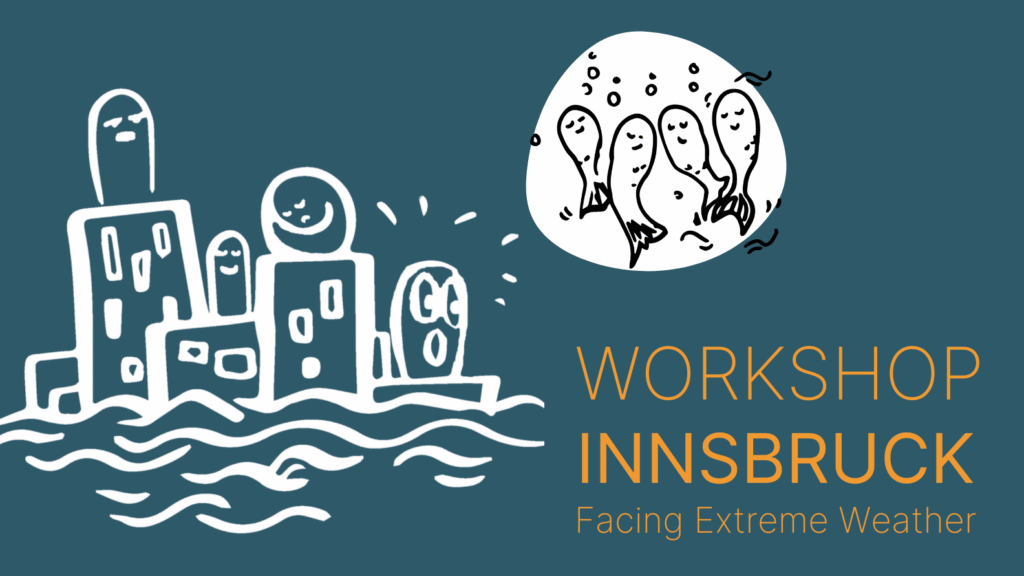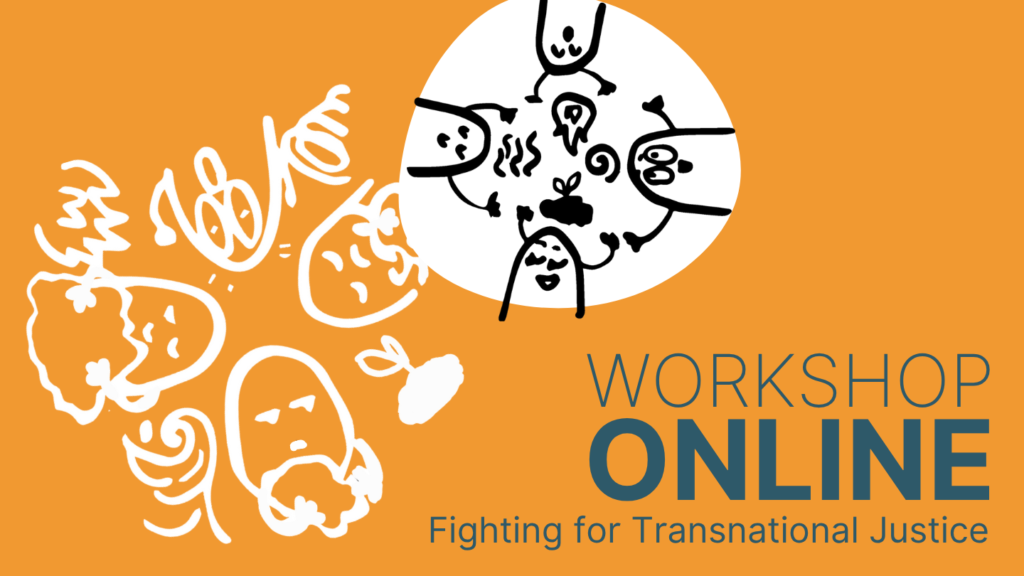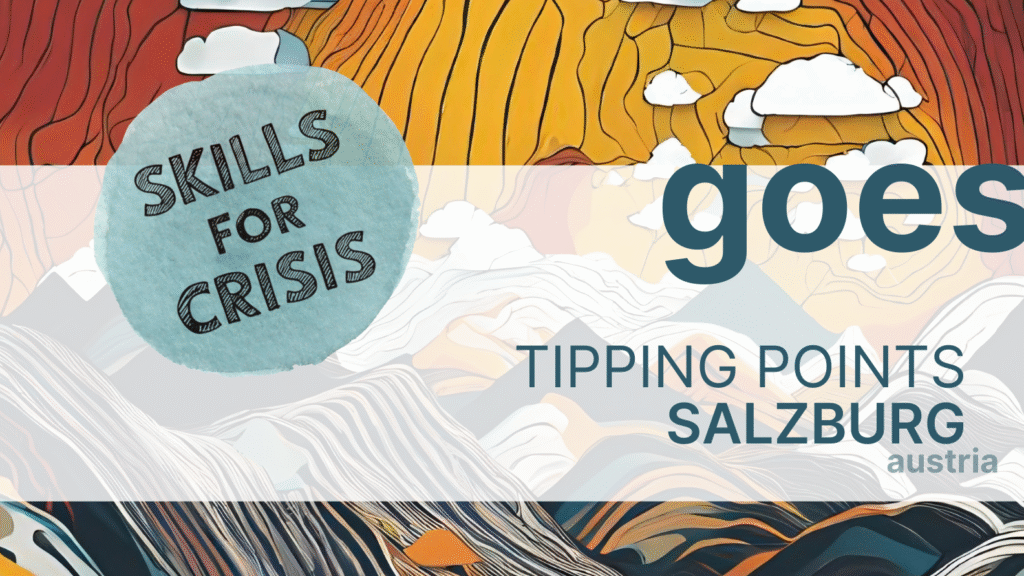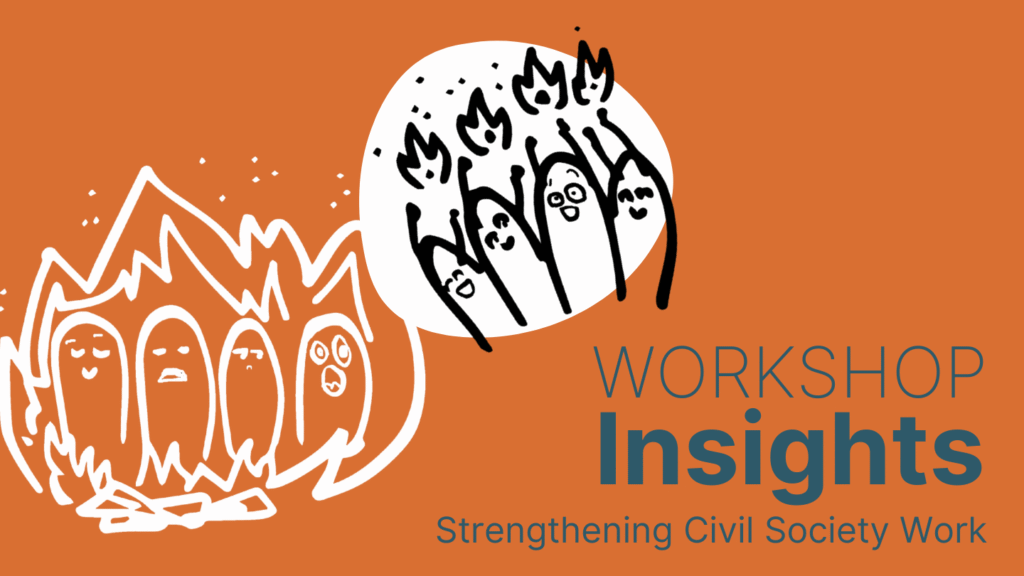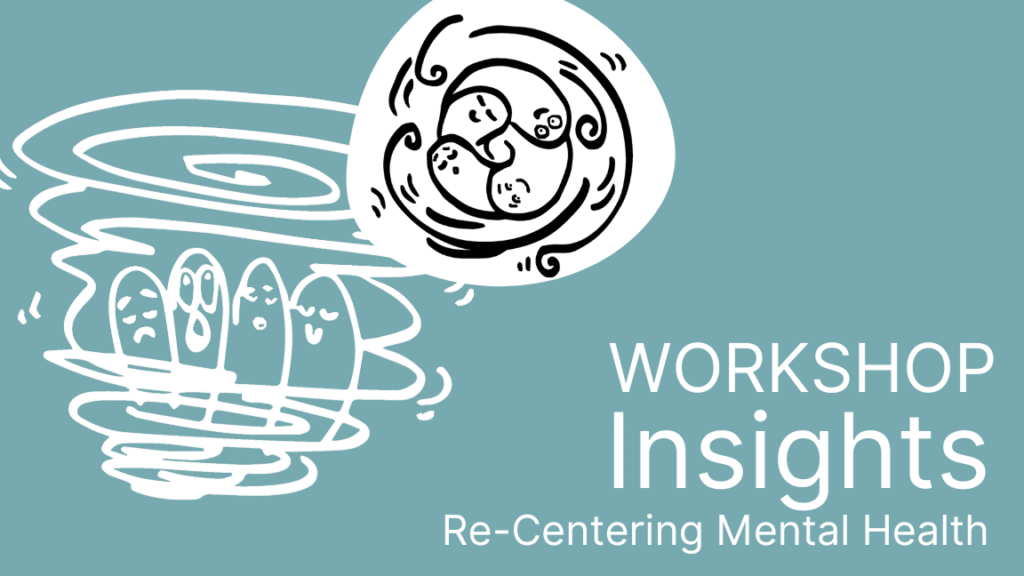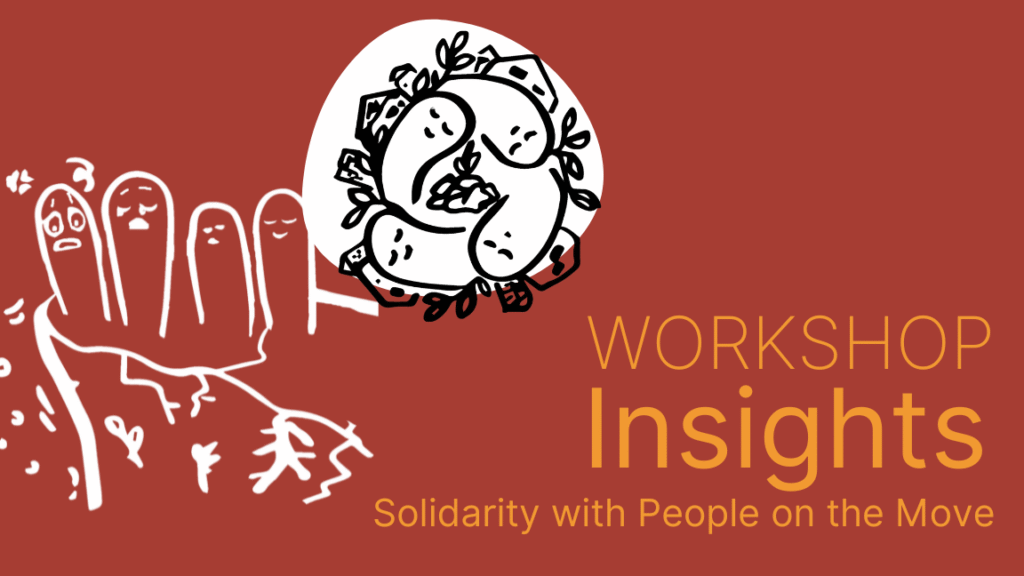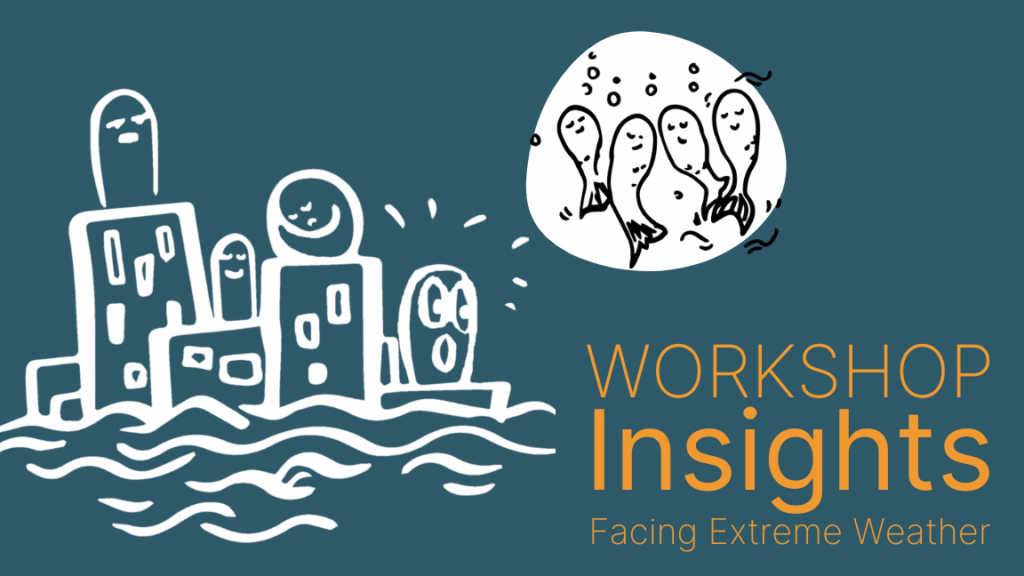The event is in the past. On this website we will share some insights, methods and follow-up ideas. The workshop was facilitated by Dean Spade. Masha from Educat Kollektiv supported with infrastructure.
Content

In the context of worsening ecological crisis, rising fascism, and expanding war, we need to build communities and movements that can take care of each other and fight back. Mutual aid is the work we do in communities to meet immediate survival needs autonomous from government and NGO’s. It is where we practice skills of collaboration, generosity, and co-stewardship, engage in political education to expand our solidarities, and move from being passive observers of political crises to active participants in preparing for and addressing the disasters being caused by capitalism.
Workshop Journal
In the course of the workshop Dean talked about the basic understanding of mutual aid and in what ways it is different from charity. The participants had a chance to discuss in smaller groups the tendencies of working in the mutual aid groups. Dean also touched upon the topic of group culture and how it is formed. The participants discussed in smaller groups what helps groups to form more aspirational qualities for their work. In the next part of the workshop Dean moved to the topic of conflicts. The participants learned about how not being able to resolve conflicts becomes a number one security threats in our groups. Dean also pointed out how the abolitionist framework can help in addressing other people’s and our own work. In the next part the participants learn about and discussed the possible ways of behaviour with emotionally activated people: when they are activated around you and when they are activated at you. Dean underlined the importance of direct feedback in our work. In smaller groups we discussed what prevents us from giving direct feedback. In the last part we discussed a practical method “What else is true?” and talked about how procrastination and perfectionism sometimes become an obstacle in our work. We finished the workshop discussing the importance of cultivating the feeling of belonging and working joyfully.

Materials
- Materials mentioned by Dean in the workshop https://docs.google.com/document/d/1579l7ItrJXVdAiCaq-i1KQs25xXn_LTuHNnu9SWV0xc/edit?usp=sharing
- Presentation that Dean used in the workshop https://docs.google.com/presentation/d/12c2bPrdVB1kJFXqnENtZA-dy_nuh3Al1k83L7U7Ijbo/edit?usp=sharing
Aha Moments
- Mutual aid blames the crises, the system and invites people to a collective action. Whereas charity blames the people.
- It’s time to give up the fantasy that state will be a care giver.
- That’s just the ways in which we all grow our solidarities: by being with other people in the struggle and learning about the stuff we don’t know about yet. And learning to love each other in deeper ways by learning the pieces we haven’t encountered yet or that are not part of our own experience.
- We use our politics to justify strong feelings.
Skills sharing
The society often wants us to scroll forever on our phones and watch TV and play the video games. They want us to not feel on purpose. So, we have to cultivate «on purpose». You have to practice it. You can do it before you start a task. You can do it before meetings with the group. You can do it with others.
Now, what does that look like? That could be like we clap. It could be that we stand with one leg forward. It could be that we all point in the same direction. It could be that we encourage each other to feel our ancestors behind us or feel our whole community with us.
You can be by yourself and say: «I’m going to feel the whole group with me. I’m going to feel two people on the sides of me who I really trust or someone behind me who I really trust”.
Another option is to say: “I’m going to feel like I’m standing on the shoulders of all the people who fought this battle in the decades and centuries before”.
You can light a candle. You can imagine a tree.
Sometimes you might have doubts in the purpose. For example, “How am I supposed to feel on purpose in order to pay my taxes?” What helps is to get to reasoning. “Well, if I don’t pay my taxes, I am going to end up paying the government more money for their bombs”. Somewhere in the back of you, there is a reason to do whatever it is you have to do. If there’s really not, then don’t do it.
But even stuff I don’t like doing, I can orient to why I’m doing it. And don’t hesitate to ask for help. If you’ve got administrative tasks you have to do as part of your life or as part of the group, try to have a buddy who you tell: “Can we be on the phone while I do this?” or “Can we get together and do this at the same time on Tuesdays?”
Or you can start a timer, tell yourself you’re going to make a really nice meal afterwards.
Recording – Youtube Video
We recorded the input and published it on Youtube. The content is in the English language. On Youtube you can choose English Subtitles with a Click on the Symbol at the bottom saying “CC”.
Transcript of the input from Dean (without the group work and discussions in the chat)
Costs
The event was free of charge. If you feel like you want to support the project, feel free to donate though 🙂 https://skills4crisis.org/#get-involved
Facilitators
Dean Spade
Dean Spade has been working in movements for queer and trans liberation, anti-militarism, and police and prison abolition for the past 25 years.
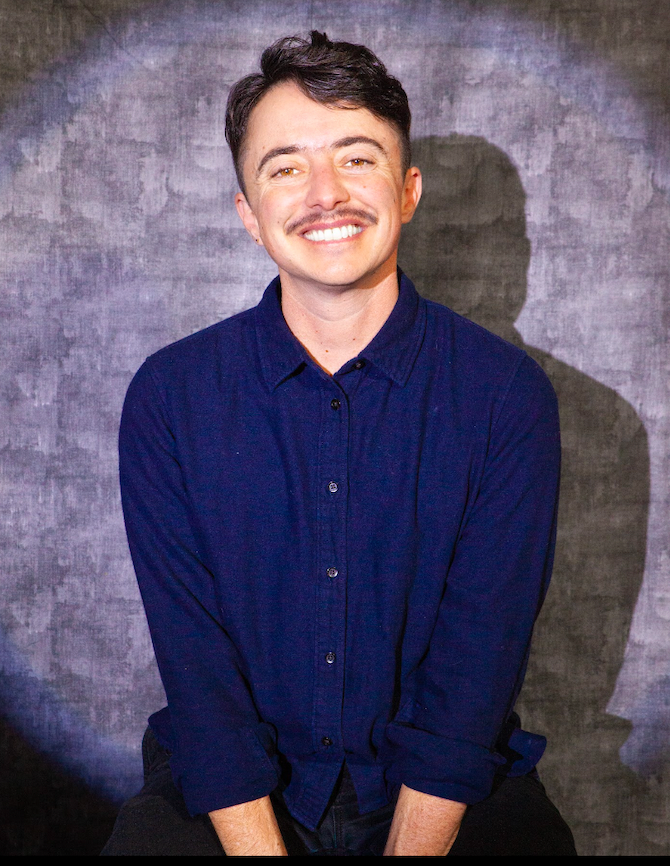
He’s the author of Normal Life: Administrative Violence, Critical Trans Politics, and the Limits of Law, and Mutual Aid: Building Solidarity During This Crisis (and the Next) (which is now available in Italian, Catalan, Spanish, and Czech,German, Portuguese, Korean, and Thai), the director of the documentary “Pinkwashing Exposed: Seattle Fights Back!.”
His new book is Love in a Fucked Up World: How to Build Relationships, Hook Up and Raise Hell Together, and he is the host of a new podcast with the same name.
Educat Kollektiv
Masha
Masha moved to Germany in July 2023 and joined our collective in the fall. In Belarus and Georgia, she is involved in informal education, human rights activities, and remembrance work. She is now active in the collective in Dresden and has accompanied two of our major projects on remembrance work, “Cultures of Remembrance” and “Queer Identities in Darkest Times.”
